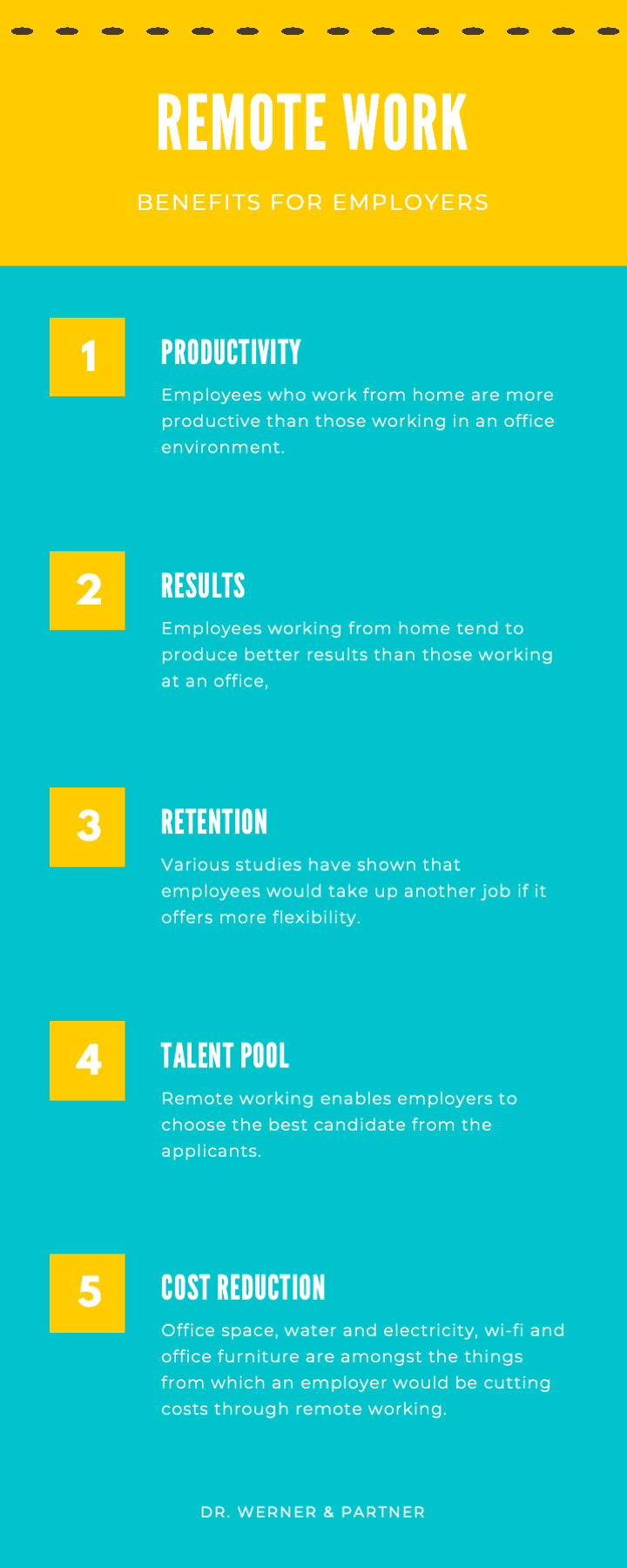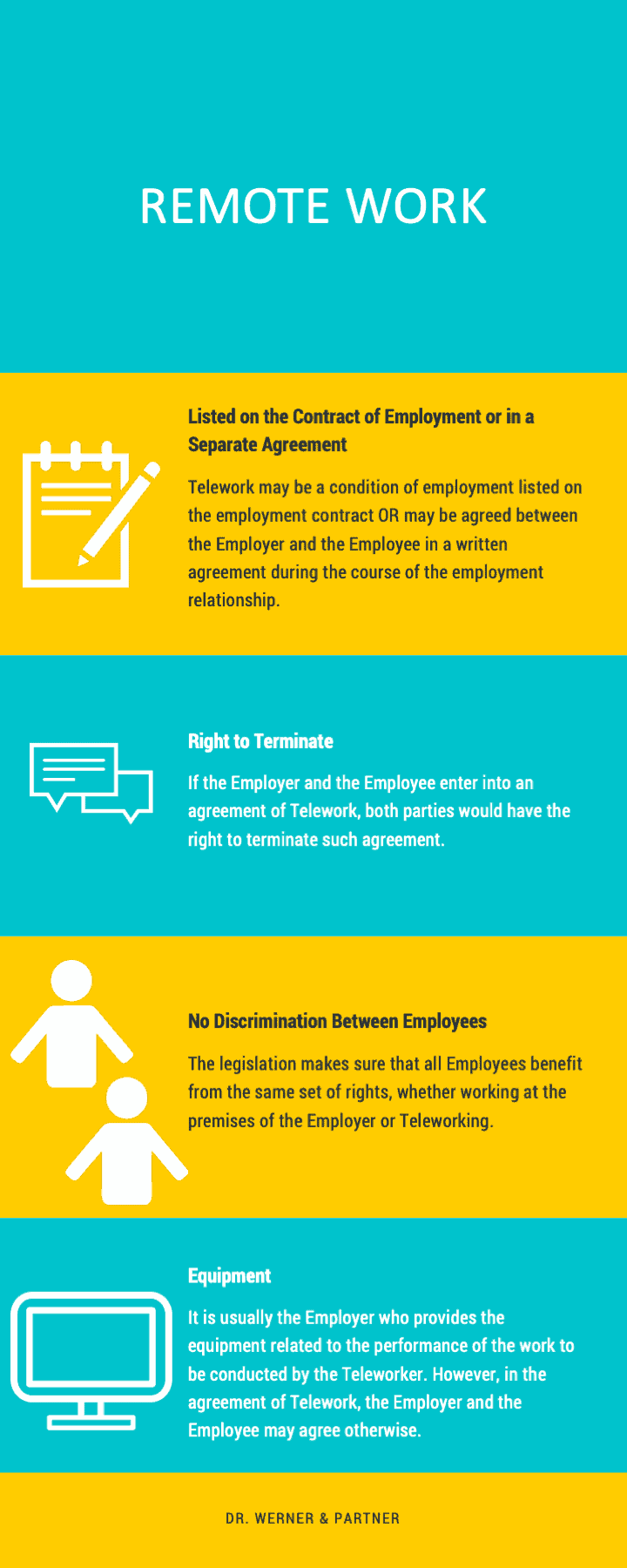These are by no means ordinary times, and being optimistic in such times is somewhat absurd, how can one be optimistic when everything seems to be collapsing? When it seems like the issue will only get worse before it gets better? Well, it is not easy, and maybe typing it is easier than saying it out loud, but, yes, things will eventually get better.
We have all been leading busy lives, we had a routine and we followed it, we followed it so rigorously that it resembled a ritual, it defined who we are. Yet suddenly, everything came to a halt, and we have time on our hands, time to think, time to reflect, time to grow and better ourselves.
This brings me to my point: whether we liked it or not, we all had to adjust, and companies had to enact a business continuity plan. A great number of companies, together with government authorities (we thought we would never see the day here!) resorted to remote working.
The restrictions imposed within many European Countries meant we had to adjust quickly, even if we did not like the idea of remote working, in some instances this was the only way to keep a business going. This rapid adjustment helped us learn, amongst other things, the following:
- Having a meeting through video conferencing works just as fine as it does in person;
- Working from home is doable and has many benefits that we never actually thought of or explored before;
- We can trust each other at work, because we are a team and we have each other’s backs.
The benefits of remote working
One might ask, “are the benefits of remote working only advantageous for employees?” The answer to this is a straight NO. So, let’s delve into the benefits that employers may reap through remote working:
PRODUCTIVITY
A study conducted by Harvard Business School found that Employees who work from home are more productive than those working in an office environment. This could be attributed to several matters, such as the fact that, usually, working from home means that you are working in a quieter environment. Increase in productivity is also attributable to shorter breaks and less break room conversations about what happened on Love Island or, in Malta’s case, on Xarabank!
RESULTS
Employees working from home tend to produce better results than those working at an office. This may be due to the fact that the productivity level is higher and that there is less office disturbance. Asking all employees to adapt to the same working regime that an office environment brings about will not produce the best results from each employee. Therefore, giving employees more autonomy would suggest that such employees produce better results.
RETENTION
Flexibility seems to be the number one factor on the list of employees to consider another job offer, therefore, giving your employees flexibility means you might have a higher retention percentage of employees. Various studies have shown that employees would take up another job if it offers more flexibility.
TALENT POOL
Remote working enables employers to choose the best candidate since this way the employer will not be restricted from choosing a candidate who lives in a different country. This might also be helpful for companies who require native speakers of languages other than that of the country wherein the company is established.
COST REDUCTION
Office space is EXPENSIVE and having employees work remotely means that you can either opt for a smaller office or that you can rent out office space which is not being used up by your employees. One must also consider other expenses in an office such as water and electricity, wi-fi and office furniture.
Is remote working for everyone?
Remote working may not work for every given business, and, in the same way it may not work for every employee. There are individuals who are more productive in an office environment, or others who have too many distractions to work from home.
Offering remote working as an option would be the ideal solution, the employer will benefit from the above-mentioned points, and employees will have the option to choose to work remotely if they think this will work for them too.
Legal Framework of Telework in Malta
Now that I have convinced you that remote working is the way forward for many businesses, I shall be taking you through the legal framework related to teleworking in Malta, namely the Telework National Standard Order.
S.L. 452.104 defines telework as a means of organising and / or performing work, using IT in the context of an employment contract wherein the work which could be carried out at the employer’s premises, is instead performed away from such premises on a regular basis.
The Legislation lists down conditions which must be adhered to in the case of teleworking and provides clauses which offer comfort to both the employer and the employee in cases of teleworking.
Listed on the contract of employment or in a separate agreement
If a contract of employment stipulates that telework is a condition of employment, the employee would not be in a position to reject a request of teleworking.
On the other hand, the situation is different when the need of teleworking arises during the course of employment and teleworking is not listed as a condition of employment in the employment contract.
In the latter case, an employee would have the right to refuse an offer of telework and the law makes it very clear that this shall not constitute a good and sufficient cause for terminating the employment. A refusal to an offer of telework by an employee does not create any right for the employer to change the conditions of employment of the employee concerned.
A request for telework may come from the employer or the employee, however, in the case of an employee requesting telework, the law gives the employer the discretion to accept or refuse such request.
Employees’ Status
When an employee starts performing telework, whether this has been referred to as a condition in his contract of employment or whether it came about through a separate arrangement between the employer and the employee at a later stage, such employee shall not be subject to a change in his employment status or his right to revert back to his previous post.
Right to terminate
Both the employer and the employee have the right to terminate a telework agreement and, in such case, the employee would have the right to return back to his previous post. Just as in the case of refusing an offer of telework, if an employee terminates a telework agreement, such termination would not constitute a good and sufficient cause for the termination of the contract of employment or for changes in the conditions of employment of such employee.
What should an agreement of telework include?
The Law stipulates that an agreement of telework shall, first and foremost, be in writing. The agreement shall include:
-
- information on the location where the telework should be carried out;
- clauses related to the equipment which will be used for telework, including the ownership, liability, maintenance and costs;
- the amount of time to be spent at the workplace and at the place of telework – if an employee will be interchanging between telework and work from the employers’ premises;
- a schedule which should be followed by the employee in the performance of his duties, if applicable;
- a description of the work to be performed by the employee;
- the department to which the teleworker is attached and the teleworker’s superior;
- if there will be any monitoring carried out by the employer, there should be clauses regulating such monitoring*;
- notice of termination of the agreement of telework.
In cases where telework is not mentioned in the contract of employment as a condition of work, and hence, it is undertaken during the course of employment, there should be included in the agreement of telework a reference to the right of reversibility by either party which includes the right of the teleworker to be able to return to his previous post.
*where monitoring is to be carried out by the employer, both the employee and the employer must agree to such monitoring which should be listed in the agreement on telework. The employer must make sure that the monitoring system is in proportion to the objective whilst also keeping in mind that monitoring is to be introduced in accordance with the Council Directive on the minimum safety and health requirements for work with display screen equipment.
No discrimination between employees
Employees who undertake telework will continue to enjoy all the rights mentioned in the Employment and Industrial Relations Act, any regulation issued thereunder, in any individual agreement or any applicable collective agreement as the other employees enjoy at the premises of the employer.
When it comes to training and development, a teleworker shall have the same rights of access to be involved in any training and career development courses which are provided by the employer.
The legislator stipulates that there shall be no differentiation between the workload and performance standards of employees working at the premises of the employer and the teleworker.
Therefore, this portrays the legislators’ effort to make sure that there is no discrimination whatsoever between a teleworker and an employee working at the employer’s premises.
Equipment
More often than not, the Employer is the one providing, installing and maintaining the equipment required for the telework to be duly performed. However, the employer and the employee can agree, in the agreement of telework, that such equipment is to be supplied by the employee himself. If the agreement of telework is silent in this regard, then the presumption of the law applies, i.e. that the equipment is to be supplied by the employer.
Conclusion
Remote working is increasing in popularity each year, however, I believe that after this year, the number of remote based employees will increase drastically.
One should note that teleworking should be undertaken for the benefit of both the employer and the employee. With this in mind, the employer will not abuse of his powers to differentiate between employees and in turn, the employee will do his utmost to be productive and deliver the expected results.
Hang in there and stay safe!
Have you invested in technology to enable your employees to undertake telework between the 1st and 30th of March 2020? Kindly contact us if you require any assistance with the grant application process.
Disclaimer*
The above-mentioned article is simply based on independent research carried out by Dr. Werner and Partner and cannot constitute any form of legal advice. If you would like to meet with up with any of our representatives to seek further information, please contact us for an appointment.


